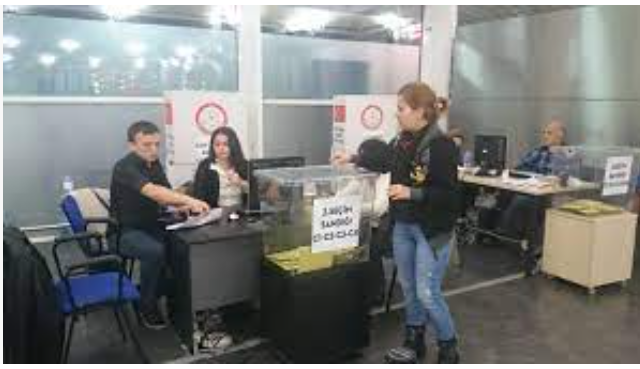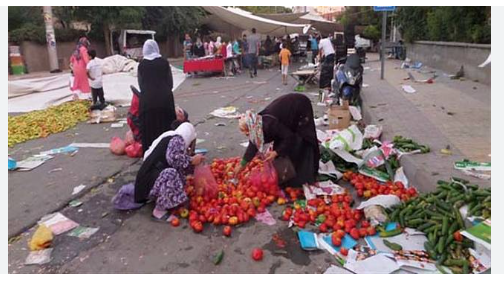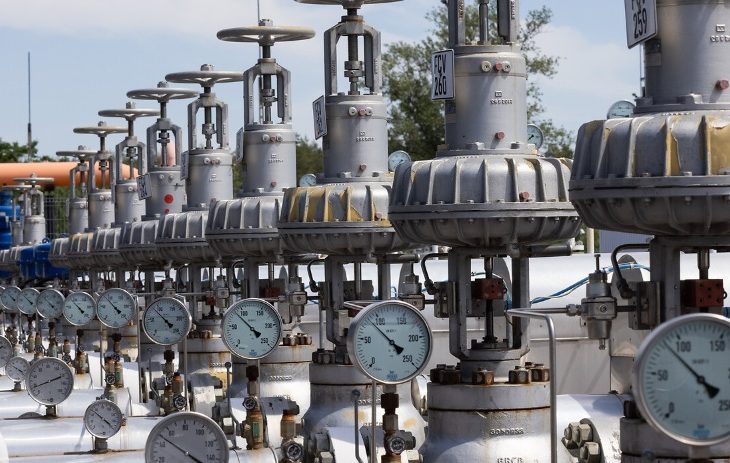Ozgur Unluhisarciklioglu: Türkiye Votes Again
 secim4
secim4
Türkiye is gearing up for the local elections on March 31, a year after President Recep Tayyip Erdoğan won reelection and secured a parliamentary majority. These elections may not command the same spotlight as those of 2023, but they are significant.
Next week’s vote could reshape the Turkish political landscape, which has already undergone major change recently. The opposition alliance defeated in last year’s national elections has dissolved, meaning each of its six parties now vies independently. The new leadership of the main opposition Republican People’s Party (CHP) could see its position solidified if the party performs well, but it will come under scrutiny if its results are poor. Newly founded opposition parties that ran on the CHP ticket last year could crumble if they do not do well. The same holds true even for the Good Party, the second-largest opposition group. Meanwhile, Erdoğan has been busy, revamping his cabinet and the governing structures of his Justice and Development Party (AKParty). He may contemplate further changes depending on next week’s results.
The outcome could also determine the president’s willingness to push for more constitutional amendments, each one requiring a referendum, or to implement unpopular policies, including some shaping foreign policy. Acute problems between Ankara and Washington, including one over Türkiye’s acquisition of Russian S-400 missiles, may demand solutions that are publicly unpopular.
On the fiscal front, the local election results will profoundly impact the prevailing stringent monetary policies aimed at curbing inflation. A defeat for Erdoğan could prompt him to blame his economic team, which he assembled last spring, and herald a return to his unorthodox monetary measures that previously helped fuel inflation.
[embed]https://www.youtube.com/watch?v=lNokDF092sQ&t=97s[/embed]
Finally, next week’s outcome could affect the prospects of Istanbul Mayor Ekrem İmamoğlu and his counterpart in Ankara, Mansur Yavaş. Victories could bolster their potential candidacies in the next presidential election.
[embed]https://www.youtube.com/watch?v=DZPeXn_qwq0&t=34s[/embed]
Türkiye’s local elections span 1393 distinct municipalities. Determining winners and losers will not be straightforward. The aggregate vote count is significant, as are the results from key cities, particularly Istanbul and Ankara. Erdoğan's AKParty is likely to lead in the overall tally. But persistent inflation may lead to a narrower margin of victory than in last year’s national race. Yavaş of the CHP is poised to win comfortably in the capital. Istanbul, however, represents a battleground. No reliable prediction is possible there.
Turkish elections may be unfair due to Erdoğan’s dominance over media and public resources, but they remain competitive.
Follow our English language YouTube videos @ REAL TURKEY: https://www.youtube.com/channel/UCKpFJB4GFiNkhmpVZQ_d9Rg
And content at Twitter: @AtillaEng
Facebook: Real Turkey Channel: https://www.facebook.com/realturkeychannel/





